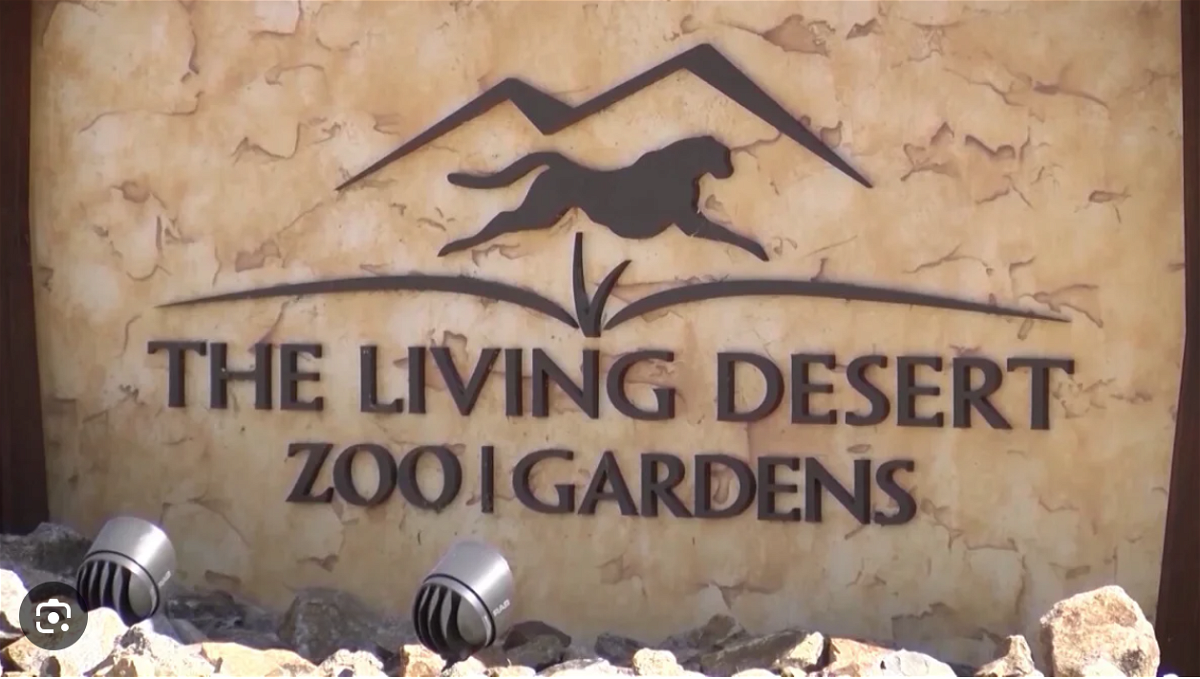
The Living Desert Zoo and Gardens is collaborating with government agencies, aquariums, other zoos and sanctuaries to continue their work to help trafficked wildlife.
Their pilot program, The Southern California Wildlife Confiscations Network, led by the U.S. Fish and Wildlife Service and the Association of Zoos and Aquariums (AZA), launches Tuesday, December 5.
Wildlife trafficking is a global issue, including here in the Coachella Valley. Reptiles and plants, specifically cacti, are most commonly trafficked in Southern California by means of social media.
The Living Desert recently confiscated and rehabilitated four trafficked chuckwallas and seven desert iguanas until they were ready to be released back into the wild.
Until this week, the Living Desert and other wildlife conservationist organizations lacked a streamlined protocol for animals who were seized by law enforcement at the border, airports or shipping docks.
According to the Living Desert, The Southern California Wildlife Confiscations Network will allow conservation organizations and government agencies to work together to provide trafficked animals with, “efficient identification, medical care, and placement of these confiscated animals to qualified holding facilities that can provide long term care.”
Watch News Channel 3 at 6 p.m. for more on The Southern California Wildlife Confiscations Network and what you can do at home to help stop wildlife trafficking.
